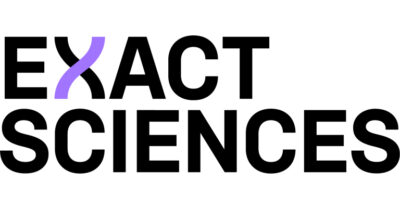The National Committee for Quality Assurance (NCQA) convened a 12-month (2022–2023) Learning Collaborative with health plans, with the aim of improving rates of follow-up colonoscopy after a positive result from a non-colonoscopy screening test. This white paper summarizes findings from the Learning Collaborative.
This paper is written for health plans, provider groups and organizations interested in using quality improvement (QI) principles to improve adherence to follow-up colonoscopy, and is organized as follows:
- Introduction. The importance of a colonoscopy after a positive result on an initial non-colonoscopy screening test.
- Learning Collaborative Overview. The structure of the Learning Collaborative and description of participating health plans.
- Lessons Learned for Health Plans. Lessons learned by health plans in the collaborative for driving improvement in follow-up colonoscopies and recommendations to consider.
- Health Plan Case Study. Example of a Learning Collaborative participant’s Plan-Do-Study-Act cycle and results.

Exact Sciences is a leading provider of cancer screening and diagnostic tests, working to give patients and health care professionals the clarity needed to take life-changing action earlier.
NCQA created this white paper with sole sponsorship funding from Exact Sciences Corporation. This document is owned and copyrighted by the National Committee for Quality Assurance (NCQA). It was produced independently by NCQA with financial support from Exact Sciences Corporation. NCQA does not endorse any Exact Sciences Corporation products or services. Exact Sciences Corporation did not provide input into this document.
